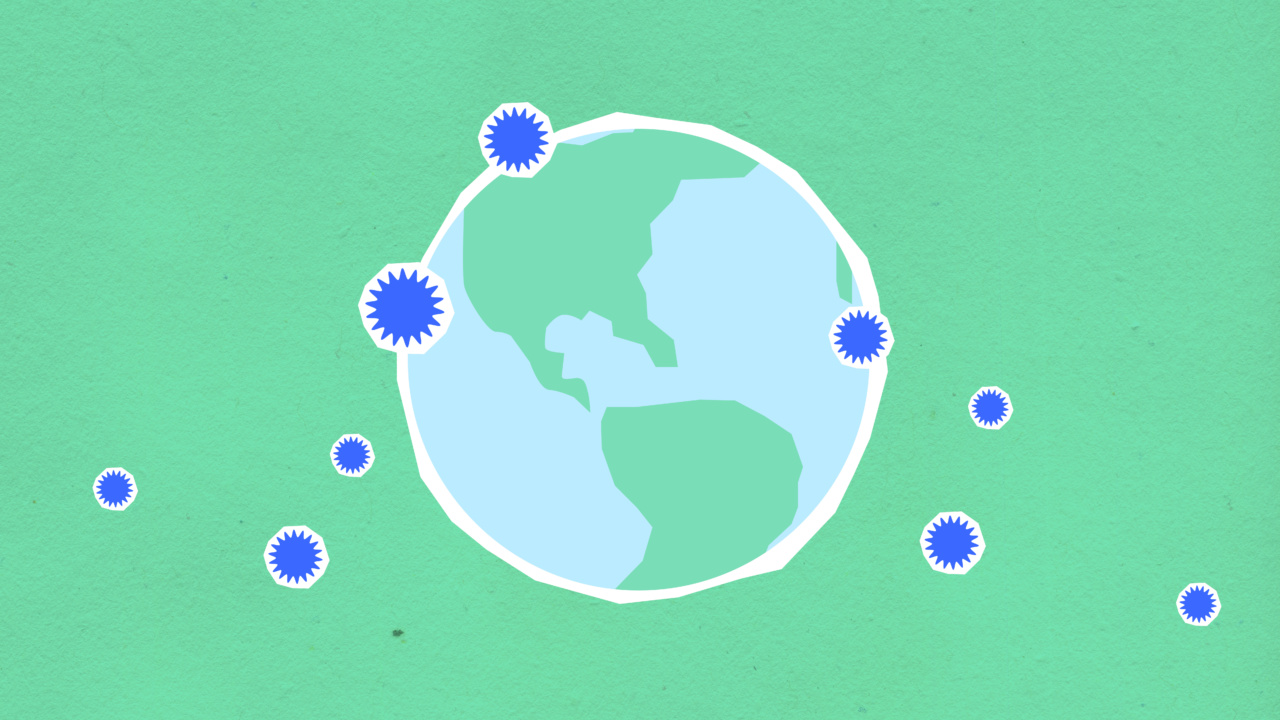World Kyriakokakis Day is a special occasion where we celebrate the contributions of Dr. Kyriakos Kyriakokakis, a renowned scientist and medical researcher.
This day not only pays tribute to his accomplishments but also serves as an opportunity to spread scientific knowledge and debunk common disease myths that often mislead the general public. In this article, we will explore some prevalent misconceptions surrounding various diseases and shed light on the scientific facts behind them.
The Myth of Vaccines Causing Autism
One prevailing myth that demands clarification is the alleged link between vaccines and autism. Despite numerous scientific studies and extensive research, no credible evidence has been found to support this claim.
The origins of this myth can be traced back to a now-discredited study that was retracted due to serious methodological flaws. Vaccines have been proven to be safe and effective in preventing various infectious diseases, and it is crucial not to fall victim to the misinformation surrounding them.
Debunking the Common Cold Cure
We have all heard the claim that vitamin C can cure the common cold.
While it is true that vitamin C plays a vital role in maintaining a healthy immune system, there is no scientific evidence to support the notion that high doses of vitamin C can prevent or cure the common cold. The common cold is caused by over 200 different viruses, and unfortunately, there is no magical cure that eradicates them instantly.
Good hygiene practices, such as washing hands regularly and avoiding close contact with infected individuals, remain the best preventative measures.
Unraveling the Mystery of Atherosclerosis
Atherosclerosis is a condition characterized by the buildup of plaque in the arteries, leading to narrowing and potential blockages that contribute to heart disease.
Despite the common belief that consuming cholesterol-rich foods directly causes atherosclerosis, the reality is far more complex.
While a diet high in saturated and trans fats can contribute to high cholesterol levels which are associated with atherosclerosis, cholesterol from food has a relatively minor impact on blood cholesterol levels compared to the cholesterol produced by our own bodies. Genetics, lifestyle, smoking, and hypertension play significant roles in the development of this disease.
The Truth About Cancer: Debunking Common Misconceptions
Cancer is a term that encompasses a wide range of diseases characterized by the uncontrolled growth and spread of abnormal cells. There are various myths surrounding cancer, but it is crucial to understand the truth behind them:.
Cancer Myth 1: Cell Phones Cause Cancer
There is a widespread belief that the electromagnetic radiation emitted by cell phones can cause cancer. However, this claim lacks scientific evidence.
The radiofrequency energy emitted by cell phones is non-ionizing, which means it lacks the power to ionize atoms or molecules and damage DNA. Current research suggests that there is no consistent link between cell phone use and the development of cancer.
Cancer Myth 2: Sugar Feeds Cancer
Another common misconception is that consuming sugar can fuel cancer growth. While cancer cells do consume sugar more rapidly than normal cells, avoiding sugar altogether is not a viable strategy to prevent or treat cancer.
A healthy, balanced diet is crucial for overall well-being, but simply cutting out sugar will not starve cancerous cells completely, as they can utilize various other energy sources.
Cancer Myth 3: Only Genetics Influence Cancer Risk
While certain types of cancer have a known genetic predisposition, it is essential to recognize that most cancers are influenced by a combination of genetic and environmental factors.
Lifestyle choices such as smoking, excessive alcohol consumption, poor diet, lack of exercise, and exposure to carcinogens significantly contribute to cancer risk. It’s not simply a matter of inheriting cancer genes, but rather a holistic approach that includes awareness of both genetic and environmental factors.
Dispelling Myths Surrounding Mental Illness
Mental illness is often shrouded in misconceptions and stigma, leading to inadequate understanding and support for those affected. Let’s address a few common misunderstandings:.
Mental Illness Myth 1: Mental Health Problems Are Rare
Contrary to popular belief, mental health problems are far from rare. At some point in their lives, a significant portion of the population will experience mental health issues.
According to the World Health Organization (WHO), approximately one in four people worldwide will be affected by a mental or neurological disorder at some point in their lives. It is crucial to acknowledge the prevalence of mental health problems and foster a supportive environment for affected individuals.
Mental Illness Myth 2: Mental Illness is a Sign of Weakness or Character Flaw
Mental illness is not a reflection of personal weakness or character flaws. It is a complex interplay of genetics, environment, and other factors that can manifest in various forms.
Mental health problems should be seen and treated like any other health condition, with compassion, understanding, and access to appropriate care.
Mental Illness Myth 3: You Can Just “Snap Out Of It”
Contrary to a popular misconception, individuals with mental illness cannot simply “snap out of it.” Mental health problems are real and often require professional intervention along with the support of loved ones.
Encouraging those facing mental health challenges to seek help and providing a supportive network can make a significant difference in their journey towards recovery.
In Summary
On World Kyriakokakis Day, let us embrace the spirit of scientific inquiry and use it to dispel disease-related myths. By promoting accurate information, we can empower ourselves and others to make informed decisions about our health.
Remember, scientific knowledge is a powerful tool that can transform the world when shared effectively.































